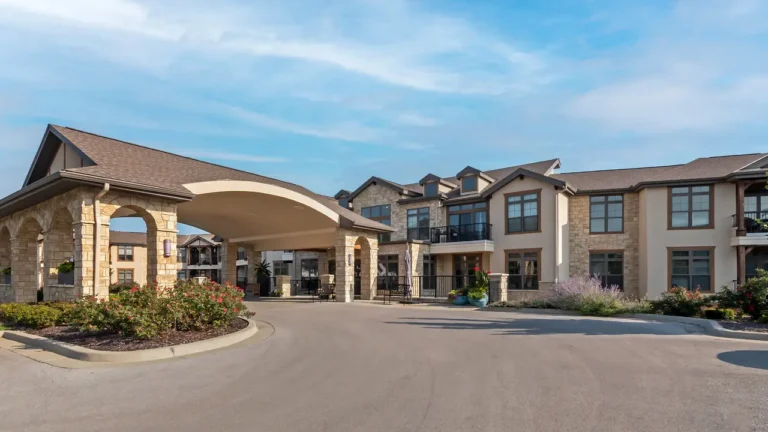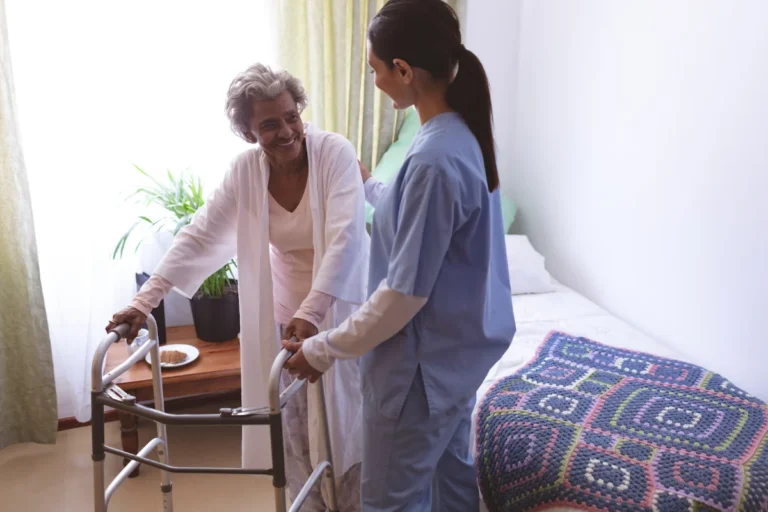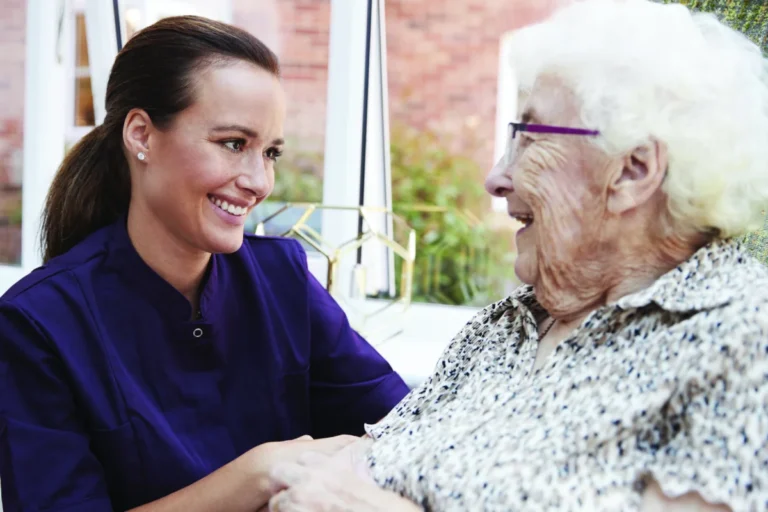In the United States, June is National Men’s Health Month! This special month is dedicated to encouraging men of all ages to make healthy choices and live a healthy lifestyle.
Disease prevention, nutrition and exercise are all important topics during National Men’s Health Month. These topics can help create new, healthy habits, as well as helping to identify unhealthy lifestyle trends, along with ways to improve lifestyle choices. At senior communities, like Crystal Pines Rehabilitation & Health Care Center, each resident has a personalized care plan to help them build strength, improve mobility and maintain independence. The right support, the right tools and making the right choices are all critical parts of healthy aging!
Healthy Aging
With people in the United States living longer and the older adult population growing, it is more important than ever for seniors to understand what is involved in healthy living. Healthy aging is a continuous process of optimizing opportunities to improve and maintain physical and mental health, quality of life and independence through the aging journey. A healthy lifestyle for older adults generally includes:
- Healthy eating
- Maintaining a healthy weight
- Regular physical activity
- Participating in enjoyable activities
- Keeping the mind active
- Making mental health a priority
- Not smoking
- Taking steps to prevent falls
- Playing an active role in health care decisions
Following these tips and the advice of health care professionals can help keep seniors active, happy and healthy as they age. Many senior communities, like Bethany Rehabilitation and Health Care Center, take steps to prioritize both health and safety. With on-site chefs and dietitians to help with meal design and preparation, common areas and activity rooms for fun and social gatherings and emergency call systems in every room, residents can enjoy their independence and rely on the support of Bethany team members each and every day.
Men’s Health Tips
While many of the healthy aging tips apply to both men and women, there are certain aspects of healthy aging that are specific to men. During National Men’s Health Month, it is important to recognize these men’s health issues and to understand how to prioritize healthy choices. Here are some men’s health tips to keep in mind:
Recognize the risk for heart disease, especially in men over age 60. Take action to reduce risk by exercising, eating right, not smoking and keeping blood pressure and cholesterol under control.
Practice good sleep hygiene. Sleep patterns can vary as men age, often due to changes in hormone function or changes to metabolism. Weight gain is often another symptom of changes to metabolism or hormone levels. To keep sleep as beneficial as possible, maintain consistent waking and sleeping hours and get regular exercise.
Be aware of signs of memory loss. Both men’s and women’s brains can change with age. Reaction time, cognitive function and memory can all be affected by changes to the brain, and the risk of depression can increase. Staying social, listening to music, spending time with friends, doing puzzles and reading are all excellent ways to keep your brain sharp!
Understand the truth about testosterone. Testosterone levels that are low enough to require treatment is very rare and is usually limited to men who have used drugs or steroids over a prolonged period or men who have a chronic disease. Getting plenty of sleep and exercising regularly are usually enough to maintain healthy levels of testosterone.
Pay attention to skin health. Through the aging process, skin can lose elasticity and thickness, making it more vulnerable to injury. Look for changes in the skin, and alert health care providers if there are any changes to color, shape, texture or the size of markings on the skin.
Reduce the risk of osteoporosis. This condition can affect men later in life and creates an increased risk of fracture from bone fragility. The mortality and severity associated with hip fracture and other injuries from falls are greater in men than in women. To reduce the risk, exercise regularly, avoid smoking and do not drink alcohol to excess.
Address prostate problems. The size of the prostate can increase with age, causing frequent bathroom trips and potentially less urine flow. Senior men also have a higher chance of urinary infections or prostatitis. Talk to a health care professional at the first signs of issues with urination.
About Tutera Senior Living & Health Care
In a community that puts your goals and your lifestyle first, it is easy to find both the support you need and the amenities you want. At Tutera Senior Living & Health Care, we want you to enjoy every day. In addition to our hospitality services, such as housekeeping, interior and exterior maintenance, and transportation, our communities offer extended services that include:
- Help with activities of daily living
- Medication management
- Mobility assistance
- Diabetes management
- Certified nursing care
- Health education
Contact Tutera Senior Living today to learn more about our communities and services. Want to find a Tutera community near you? Our location finder is your solution!







